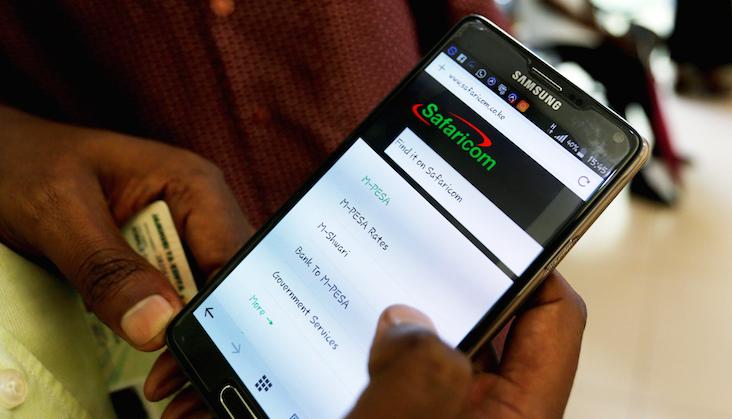Africa-Press – Lesotho. Africa’s mobile payments ecosystem experienced its birth and adolescence in Kenya, as the M-Pesa service took the country by storm. You all know the story.
Stemming from the Swahili word for ‘money’, M-Pesa transformed how Kenyans paid for goods and services and made peer-to-peer digital money transfers possible, without the need for a bank.
Since its inception, M-Pesa has developed into an integral financial service, and its reach now extends far beyond purchases and transfers. Given the success of mobile payments in East Africa, it’s not surprising to see growing interest in expanding M-Pesa’s model across the whole continent.
A number of organisations have publicly stated their intent to bring mobile payments to other regions, and others are expected to be exploring their options behind closed doors.
All will have to contend with one key question, though—is it possible to replicate M-Pesa’s success? M-Pesa is the largest player in both the Kenyan and wider African markets by some distance, with 26 million users.
The company behind M-Pesa also owns the majority of the mobile infrastructure in Kenya, so it enjoys an almost total monopoly over the mobile payments space.
Another reason behind M-Pesa’s success could be its central role in the wider Kenyan economy. The Kenyan government is supportive of the service, given the tax revenues the company generates, and this may be strengthening the platform’s performance.
Safaricom was met with an advantageous landscape, and this has been converted into a dominant market position. However, this strategic advantage doesn’t exist outside of East Africa for M-Pesa or any other service provider.
Having a host government, and the regulators under its control, on-side and willing to facilitate implementation is somewhat of a silver bullet, but few exist.
In fact, M-Pesa itself has struggled to expand its success to other markets, including South Africa, which has a technologically advanced, highly accessible and cash-rich financial system, meaning that the demand for a revolutionary payments system just didn’t exist.
Most African countries don’t fall into this category, however there is another hurdle to overcome. In India, replicating a similar system ran into a regulatory roadblock, with limited levels of deposits and lending designed to protect the banking sector from disruption.
This is an issue that others will face in Africa, too. With this in mind, the prospects for the expansion of existing services or the inception of new ones looks bleak.
There are now other African countries with the same regulatory landscape as Kenya, limiting possible target regions even where underlying economic conditions seem to indicate demand.
Despite these factors, it’s likely that we’ll still see a number of providers attempting to break into the African mobile payments market. Other telecoms organisations, both from Africa and from abroad, have already dipped a toe into the water, backed in some cases by considerable investment.
These have seen moderate early success, but all are tailored very specifically to individual markets, and therefore are unlikely to alter the balance on a large scale.
Similarly, established financial institutions are also entering the fray, in some cases appealing to different consumers, including those who are already participating in the traditional financial system.
We may also see new technologies such as cryptocurrency play a role in expanding mobile payments services into new markets. Already a revolutionary way to move money, the disruption brought by cryptocurrency could unlock doors which have remained closed until now.
Whichever way this sector goes in the coming years, there’s no doubt that Africa is the leader in this area of innovation. People previously barred from the financial system now have access, changing both their personal and business lives.
As technology continues to develop, barriers will continue to be broken down and mobile payments will become even more seamless. It’s impossible to say for certain that new market entrants can’t succeed, and that we won’t see an explosion of mobile payments providers all across the continent, but those that try will certainly have a mountain to climb.
For More News And Analysis About Lesotho Follow Africa-Press






